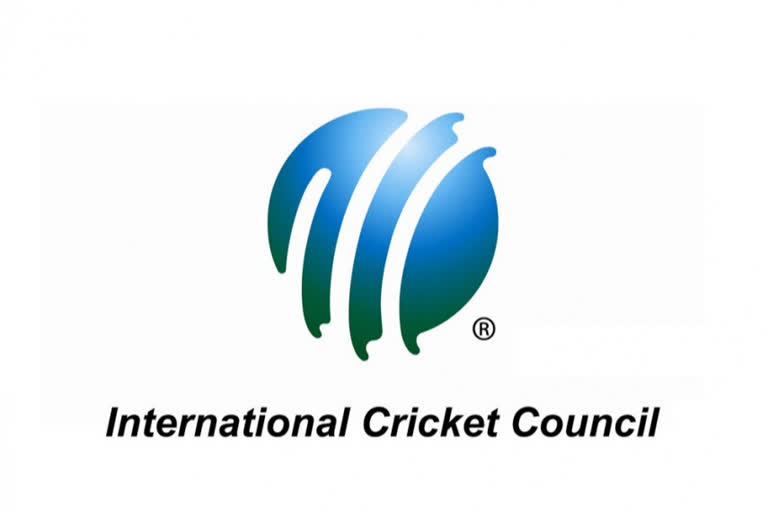London: Steve Richardson, the coordinator of investigations at the International Cricket Council's anti-corruption unit (ACU), on Thursday said that having a law against 'match-fixing would be a game-changer in India' and will the 'single-most-effective thing' to protect the game from match-fixers.
In the span of three years from 2021 to 2023, India are scheduled to host two major ICC events -- T20 World Cup 2021 and ODI World Cup in 2023. These global tournaments are the most liked events by the match-fixers and protecting it from fraudsters is always a challenge for the ICC with the limited resources.
"India has got two ICC global events coming up: the T20 World Cup [in 2021] and the World Cup in 2023. At the moment with no legislation in place, we'll have good relations with Indian police, but they are operating with one hand tied behind their back. We will do everything we can to disrupt the corruptors. And we do, we make life very, very difficult for them as far and as much as we can to stop them from operating freely," Richardson was quoted as saying by a sports website.
"But the legislation would be a game-changer in India. We have currently just under 50 investigations. The majority of those have links back to corruptors in India. So it would be the single-most-effective thing to happen in terms of protecting sport if India introduces match-fixing legislation," he added.
In 2019 Sri Lanka became the first major cricket-playing country in South Asia to criminalise match-fixing with punishments including a 10-year prison sentence.

Richardson said during a panel discussion on the subject of 'Does India need match-fixing legislation?' as part of the Sports Law & Policy Symposium.
More than the players, Richardson stressed the law would deter the corruptors, who he said were right now freely moving around.
"I could actually deliver to the Indian police or the Indian government now at least eight names of people who are what I would term serial offenders, constantly approaching players to try and get them to fix matches," Richardson said.
"At the moment with the lack of legislative framework in India it is very limited what the police can do, and to that extent, they have my great sympathy because they try as professionally and hard as they can to make the existing legislation work, but the reality is it wasn't framed with sports corruption in mind," he added.



